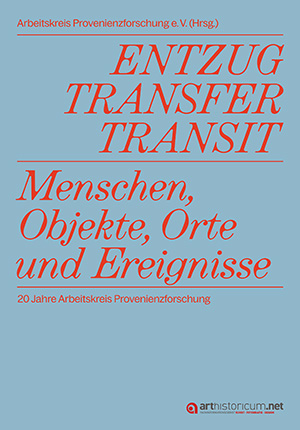Zitationsvorschlag
Lizenz (Kapitel)

Dieses Werk steht unter der Lizenz Creative Commons Namensnennung 4.0 International.
Identifier (Buch)
Veröffentlicht
Zugänge: Naturkundliche Sammlungen aus kolonialen Kontexten
Accessions: Natural history collections from colonial contexts
Current political and media debates disregard the specifics of natural history collections from colonial contexts. As in other fields, natural history holdings also grew exponentially during the colonial expansion. Until today, collection items with a colonial provenance represent a nationally and internationally important basis for exhibitions and research. What are the consequences for our approach to natural history objects resulting from this connection between colonialism and natural history, which is hardly researched and rarely presented? Which differences can be found between cultural, or art objects and natural history collections from colonial contexts? What are their respective acquisition contexts? How can international collaborative research on the provenance of natural history objects be inspired and established?
Since May 2020, a research project at the Museum für Naturkunde Berlin (MfN) has been dedicated to these questions in order to highlight the specifics of natural history collections as a complement to existing guidelines on the handling of collections from colonial contexts. We address the political, legal, and ethical aspects of natural history collections, and we investigate the colonial history of the institution and the collection of the Museum für Naturkunde Berlin, working with extensive internal discussions and in close collaboration with other scholarly institutions, as well as civilsociety actors and researchers from various disciplines.
The present paper provides an insight into the working process and reflects the specifics of natural history collections with colonial provenance. We also discuss the conflicting aspects resulting from political demands for digitalisation, transparency and sometimes restitution and from repeatedly raised demands for biodiversity research in collections that are as complete as possible and contain defined type specimens.







